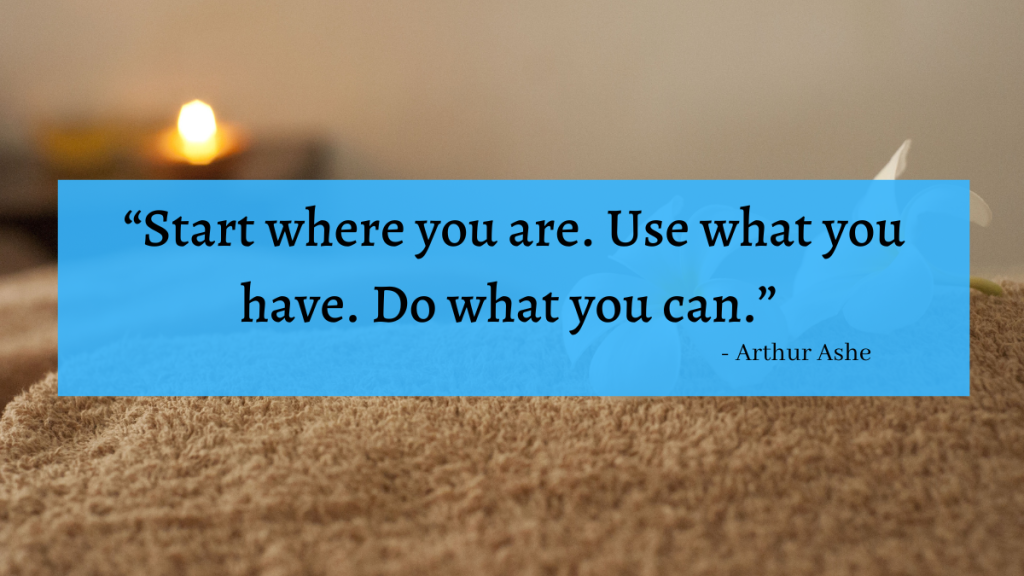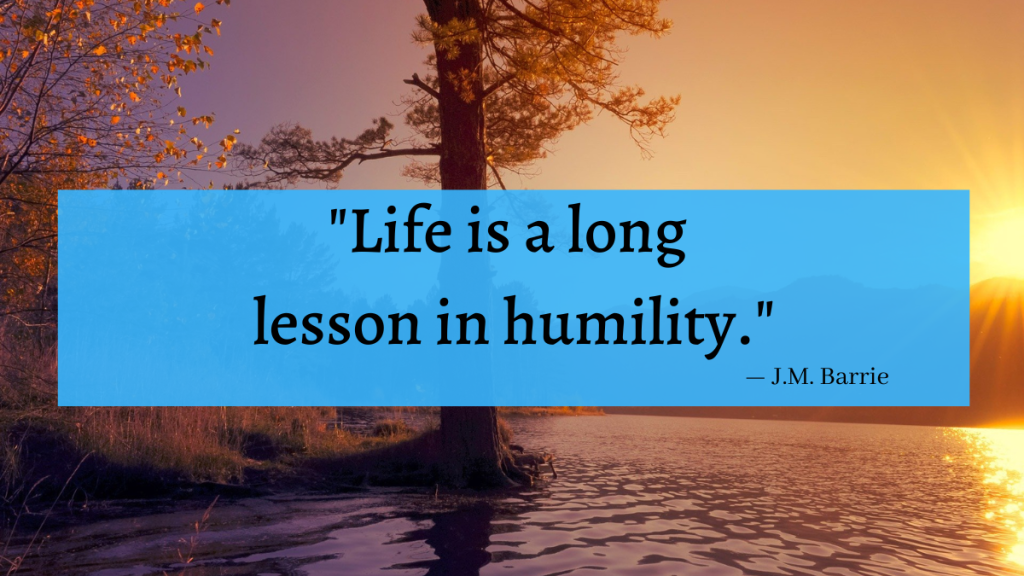After writing my most recent post about misunderstanding the meaning rest, the idea continued to sit in my mind. As I wrote in that post, it’s clear that many of us know we’re not getting enough rest. Even the people who are getting enough rest feel like they aren’t. And in the way the world has changed in recent decades, there are more reasons than ever for exhaustion. But did you know just how many different types of rest exist? In the spirit of trying my best, I decided to look into these various types and share what I’ve learned.
The seven types of rest
The inspiration for this post came from a TED article titled “The 7 types of rest that every person needs.” I learned a lot of things reading this article, and not only that there are different types of rest! We tend to think of rest as inaction, as not moving or being alone. Whether that’s an American way or a Western way of thinking, that’s how I’ve seen rest portrayed in my life. If I didn’t know any better, I’d say resting is synonymous with sleeping – but actually, it’s much more.
Something this article opened my eyes to is the fact that rest happens when we have the time and space to do so. It’s difficult to rest if you’re stressed, don’t feel comfortable, or have pressing things to do. Removing yourself from situations is often seen as the optimal version of rest. That said, it was interesting to learn that rest can also involve enjoying things you love or being around people who fill up your cup.
While physical rest is important, it’s far from the only type. Other types of rest include mental, sensory, creative, emotional, social, and spiritual. What I love about this variety of rest is that each type of rest fills a unique need for people. It reminds us that we’re all different and that we need different things. As someone more introverted, focusing on sensory rest and social rest might be more important to me than other people. At the same time, some people value having more or less emotional rest than myself. We are all different, which means we have different needs.
Shifting how we view wellness
This lesson on rest not only helped shift the way I view my mental health, but wellness in general. There are so many ways we can take care of ourselves and in that same vein, there are so many ways to rest. Rest is more than sleep, and sleep alone won’t always give us the restoration we need.
It can be frustrating to learn that sleep isn’t always the answer, but I’m choosing to lean in. When you think about it, rest and mental health have a lot in common. Just as there is not one way to rest, there isn’t only one way to take care of our mental health. The more we learn, the more we grow, and the better equipped we are to get what we need. In whatever ways you rest, I hope you learn how rest can provide restoration and rejuvenation – something each one of us deserves.


